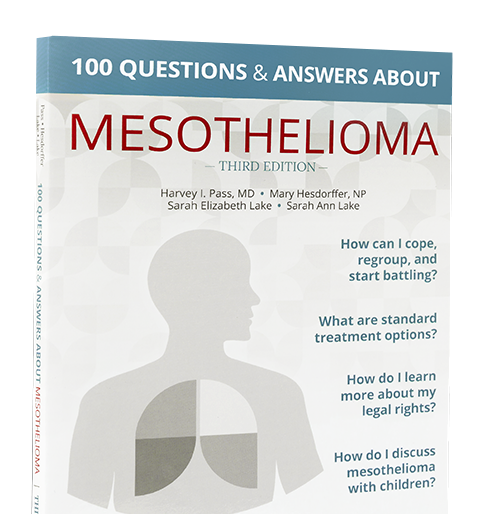The most common form of mesothelioma is malignant pleural mesothelioma (MPM), accounting for approximately 75 to 80 percent of mesotheliomas. Thanks to advances in mesothelioma treatment and diagnosis over the past 10 years, early diagnosis of MPM is now possible with the help of chest x-rays, computed tomography (CT) scans, and even blood tests. The American Cancer Society (ACS) reports that in recent years, doctors have found that people with mesothelioma often have high levels of certain substances in their blood, including osteopontin and soluble mesothelin-related peptides (SMRPs).
“Blood tests for these substances may one day be useful in finding mesotheliomas early, as well as for monitoring the course of the disease in people who have mesothelioma,” says the ACS.
This is encouraging news for patients with MPM, but what about patients with primary malignant pericardial mesothelioma (PMPM)—one of the rarest forms of the disease? According to a recent analysis by researchers at Second Affiliated Hospital of Anhui Medical University, even with all of the advances in diagnosing and treating MPM, PMPM still remains the most misdiagnosed tumor, and researchers think they know why.
PMPM is so rare and it often presents with symptoms similar to other diseases such as tuberculosis, coronary heart disease, atrial myxoma, heart failure, and cardiomyopathy, patients are often misdiagnosed and treated for the less rare conditions. In the amount of time it takes to administer multiple treatments that will ultimately fail, the disease has already reached its later stages, making it nearly impossible to treat.
In the study, researchers reported that although PMPM is extremely rare, it is the third most common tumor around the heart/pericardium, after angiosarcoma (33 percent) and rhabdomyosarcoma (20 percent). So when patients present with symptoms, the research team says PMPM should be considered. This will minimize the number of misdiagnosed cases, helping doctors to diagnose the disease at an earlier stage, when treatments are more effective.
If you have been exposed to asbestos, see your doctor right away. Your doctor can run the appropriate tests and set up a monitoring plan that can help detect changes in the body sooner. This is true whether you have symptoms or not. See your doctor today.
Sources
"Can Malignant Mesothelioma Be Found Early?" American Cancer Society. American Cancer Society, Inc., 17 Feb. 2016. Web. 29 May 2018.
Cancer.Net Editorial Board. "Mesothelioma: Introduction." Cancer.Net. American Society of Clinical Oncology (ASCO), 31 Aug. 2017. Web. 29 May 2018.
Zhao, Qiang, and Wenhui Gong. "Primary Malignant Pericardial Mesothelioma—a Rare Cause of Superior Vena Cava Thrombosis and Constrictive Pericarditis." U.S. National Library of Medicine (NLM). National Center for Biotechnology Information (NCBI), Dec. 2014. Web. 29 May 2018.





